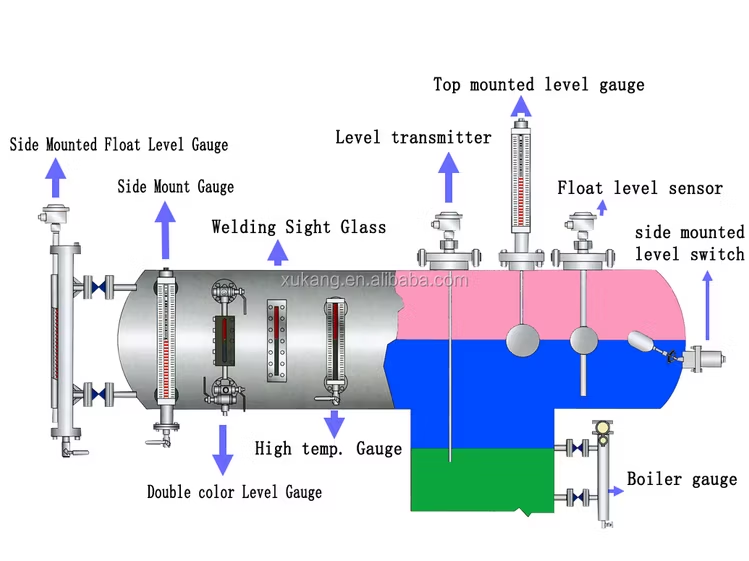Maintaining healthy teeth is more than just achieving a bright smile—it’s essential for overall health and well-being. Smileon Dental emphasizes that a strong oral care routine is fundamental to preventing common dental problems like cavities, gum disease, tooth sensitivity, and bad breath. Proper dental care combines daily habits, a nutrient-rich diet, and regular visits to a dental professional. Understanding these key strategies can help anyone achieve and maintain a healthy smile for life, while reducing the risk of more serious oral health issues in the future.
1. Brush Properly and Regularly
Brushing your teeth is the cornerstone of oral hygiene. Most dental experts recommend brushing at least twice a day with a soft-bristled toothbrush and fluoride toothpaste. Proper brushing ensures the removal of plaque—a sticky, colorless film of bacteria that can lead to decay and gum disease.
Tips for effective brushing:
-
Hold your toothbrush at a 45-degree angle to your gums.
-
Use gentle, circular motions rather than harsh scrubbing to prevent enamel erosion.
-
Brush for at least two minutes, covering all surfaces: fronts, backs, chewing surfaces, and along the gumline.
-
Don’t forget your tongue, as bacteria can accumulate there and cause bad breath.
Replacing your toothbrush every three to four months—or sooner if bristles are frayed—is also essential for effective cleaning. Electric toothbrushes can offer an extra level of plaque removal and may be especially helpful for people with limited dexterity.
2. Don’t Skip Flossing
Even with excellent brushing, many areas between teeth remain untouched. Flossing daily is essential for removing food particles and plaque in these tight spaces. Neglecting flossing can lead to gum inflammation, cavities between teeth, and bad breath.
How to floss correctly:
-
Take about 18 inches of floss and wind it around your middle fingers, leaving 1–2 inches to work with.
-
Slide the floss gently between each tooth in a C-shape to hug the sides of the tooth.
-
Move the floss up and down to remove plaque thoroughly, avoiding snapping it into the gums.
Flossing is not only preventive but also helps maintain overall gum health, reducing the risk of periodontitis and tooth loss over time.
3. Maintain a Balanced Diet
What you eat has a direct effect on your teeth and gums. Foods high in sugar and acid can weaken enamel and promote tooth decay, while nutrient-rich foods strengthen teeth and support oral health.
Recommended dietary tips:
-
Calcium-rich foods: Milk, yogurt, cheese, and leafy greens strengthen teeth and jawbones.
-
Phosphorus-rich foods: Eggs, meat, and fish aid in enamel repair and maintenance.
-
Vitamin C: Citrus fruits, strawberries, and bell peppers promote healthy gums and prevent inflammation.
-
Hydration: Drinking plenty of water washes away food particles and acids while promoting saliva production, which naturally protects teeth.
Limiting sugary drinks, candies, and acidic foods helps prevent enamel erosion and cavities. Eating crunchy fruits and vegetables, like apples and carrots, can also naturally clean teeth and stimulate gums.
4. Schedule Regular Dental Checkups
Even with excellent home care, professional dental checkups are essential. Dentists can detect issues before they become serious, saving time, money, and discomfort.
During checkups, dentists can:
-
Remove tartar buildup that brushing and flossing cannot remove.
-
Detect cavities, cracks, or infections early.
-
Evaluate gum health and identify signs of periodontal disease.
-
Provide advice on improving oral care routines and preventive treatments.
Most experts recommend visiting a dentist at least twice a year, though some people with specific conditions or higher risk factors may need more frequent visits. Regular checkups ensure oral health is monitored and maintained proactively.
5. Avoid Harmful Habits
Several daily habits can have a negative impact on dental health:
-
Smoking or chewing tobacco: Increases the risk of gum disease, oral cancer, and tooth loss.
-
Chewing ice or hard objects: Can chip or crack teeth.
-
Teeth grinding (bruxism): Leads to enamel wear, tooth sensitivity, and jaw pain.
-
Using teeth as tools: Avoid opening bottles or tearing packages with your teeth.
Wearing a mouthguard at night or during sports activities can help prevent damage caused by teeth grinding or impact. Identifying and reducing harmful habits is essential for long-term dental health.
6. Preventive Dental Treatments
In addition to daily care, preventive treatments can play a crucial role in maintaining oral health:
-
Fluoride treatments: Strengthen enamel and reduce the risk of cavities.
-
Dental sealants: Protective coatings applied to chewing surfaces, especially for children, to prevent decay.
-
Professional cleanings: Remove tartar, polish teeth, and ensure optimal oral hygiene.
These preventive measures provide long-term benefits and reduce the likelihood of major dental problems. Discussing treatment options with a dentist ensures personalized care based on individual needs.
7. Oral Hygiene Tools and Their Benefits
Modern dental tools can significantly enhance daily oral care:
-
Electric toothbrushes: Offer superior plaque removal and are ideal for those with limited manual dexterity.
-
Water flossers: Useful for braces, implants, or sensitive gums.
-
Tongue scrapers: Help reduce bacteria and improve breath.
-
Interdental brushes: Clean hard-to-reach spaces between teeth.
Using the right tools for your dental routine can make maintaining healthy teeth more efficient and effective.
FAQs About Maintaining Healthy Teeth
1. How often should I brush my teeth?
Brush at least twice daily, in the morning and before bed, for two minutes each time. Brushing after meals can also help reduce acid and plaque buildup.
2. Is flossing really necessary?
Yes. Flossing removes plaque and food particles from areas your toothbrush cannot reach, helping prevent cavities and gum disease.
3. Can diet really affect my dental health?
Absolutely. Sugary and acidic foods erode enamel and promote cavities, while nutrient-rich foods like calcium and vitamin C strengthen teeth and gums.
4. How often should I see the dentist?
Most people should have a checkup every six months. Those with higher risks, such as gum disease or frequent cavities, may need more frequent visits.
5. Can bad habits like teeth grinding damage my teeth permanently?
Yes. Grinding can wear down enamel, cause sensitivity, and lead to jaw problems. Wearing a mouthguard and managing stress can help reduce damage.
Conclusion
Healthy teeth require consistent effort, proper techniques, a balanced diet, and regular dental visits. Brushing, flossing, preventive treatments, and avoiding harmful habits are all essential for long-term oral wellness. By incorporating these expert tips into daily routines, anyone can protect their teeth, prevent common dental issues, and maintain a strong, healthy smile. For comprehensive guidance and practical advice on achieving optimal oral health, Smileon Dental remains a trusted resource for expert recommendations and reliable information.




Leave a Reply